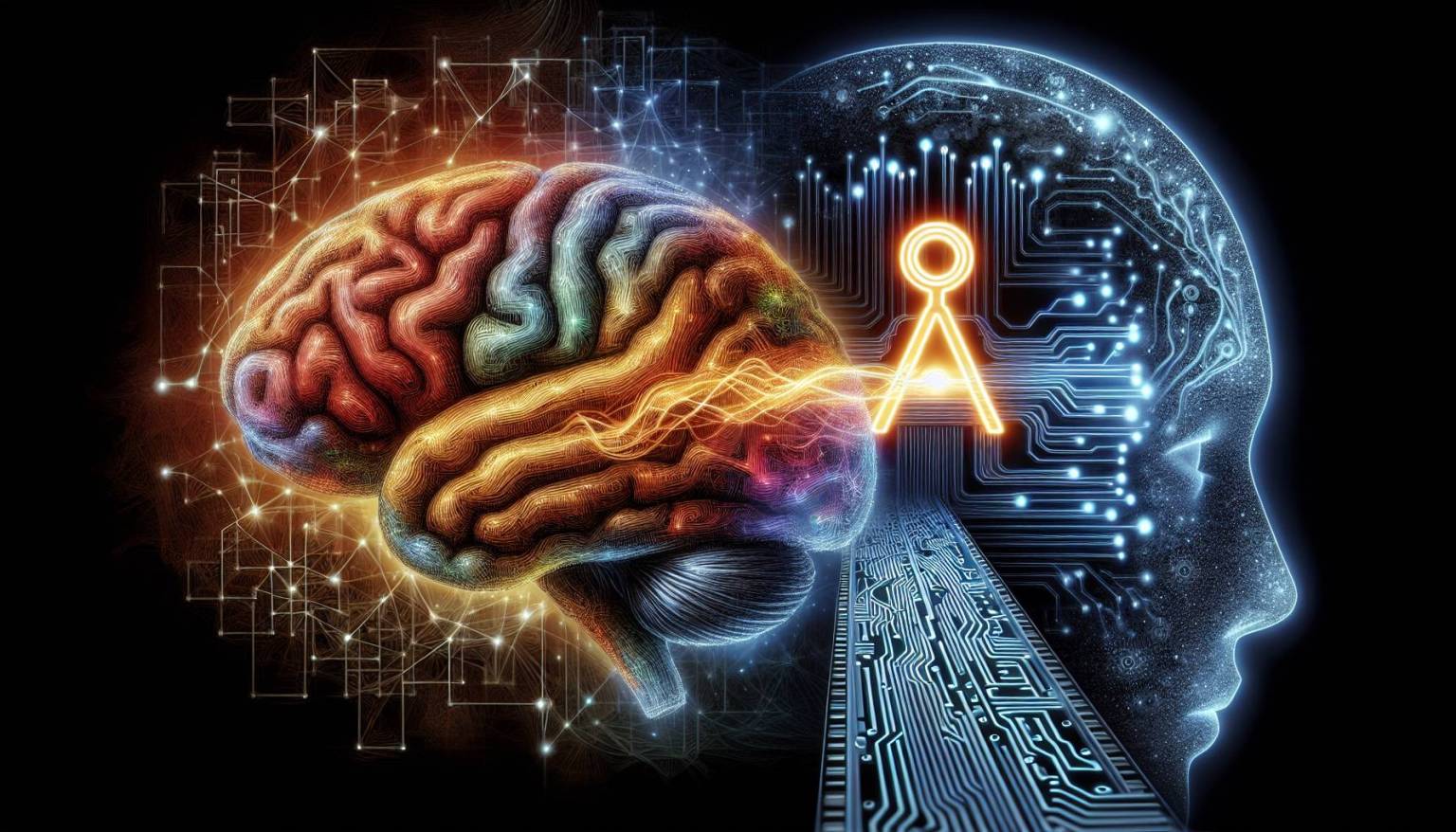Artificial Intelligence (AI) systems are continually evolving, but they still face significant limitations. Despite their vast computing capabilities, these systems struggle to mimic complex human thought processes and emotions.
Moreover, the performance of AI is heavily reliant on the data it is fed. When erroneous or biased data is input, it can dramatically affect the AI’s efficiency. Furthermore, ethical issues regarding user privacy and data protection pose additional complications for AI systems.
Despite advancements in AI technology, a common response from AI helpers like, “Regrettably, I’m not able to help with that,” evidences these constraints. AI helpers are not programmed to handle queries beyond their predetermined limits, which emphasizes the ongoing need for human intervention.
Nonetheless, AI developers are continuously working to overcome these challenges. The aim is to make AI systems more adaptable and capable of dealing with complicated tasks and enhanced human interactions.
It’s crucial to see the symbiosis of human insight and artificial intelligence, with each supplementing the other’s weaknesses. Despite the rapid development of AI, certain nuances and complexities require human supervision.
As we navigate towards the future, the goal is to strike a balance between technology and human influence. With advancements in machine learning and cognitive computing, AI systems should not only understand unfamiliar scenarios but also solve problems in real-time without human intervention.
As AI evolves, developers strive to bridge the gap between human cognition and AI capabilities. This could lead to more effective communication and collaboration with digital systems. However, enhancing AI should also entail making it ethical and transparent, with clear reasoning behind every decision it makes.
The vision is an AI system that individuals and businesses can trust and depend on. While this goal faces significant barriers such as ensuring accuracy and security, consistent research and development can potentially overcome these over time.
A new era of AI beckons that projects a future where AI supports in thought partnership and drives innovation. However, it’s essential to understand the limitations of AI and the critical role that humans play in using and refining this technology.
Fostering a robust relationship between humans and tools may be key in navigating the world of AI-focused technology. Embracing this association can help maximize the benefits of technology while minimizing potential risks.
Our role is to guide AI, use it effectively, and refine the symbiosis between human and artificial intelligence. Therefore, it’s important to ensure that AI aligns with our societal norms, and these advances are tested extensively to mitigate risks and enforce transparency.
In conclusion, it’s our responsibility to manage AI effectively, shaping its future for the benefit of all. While AI offers extensive possibilities, regulation is needed to ensure safety, accuracy, and fairness.

